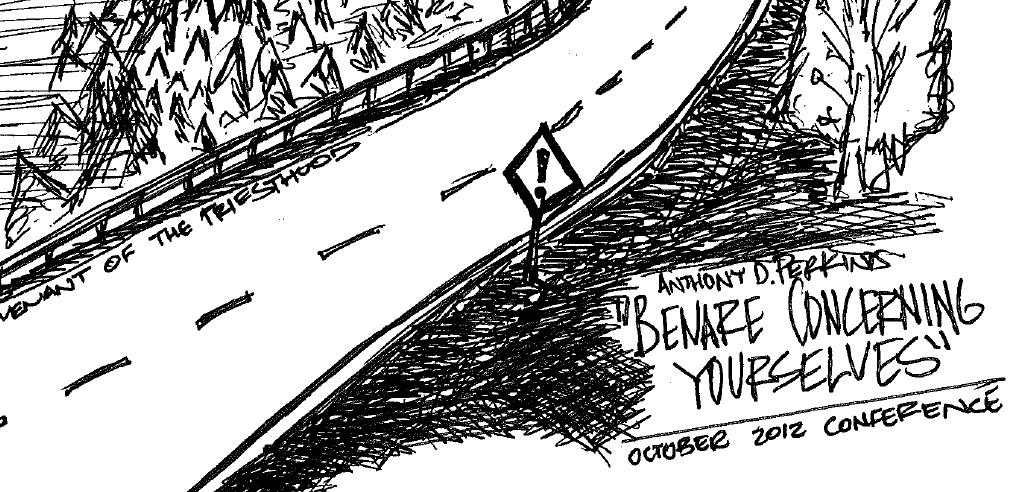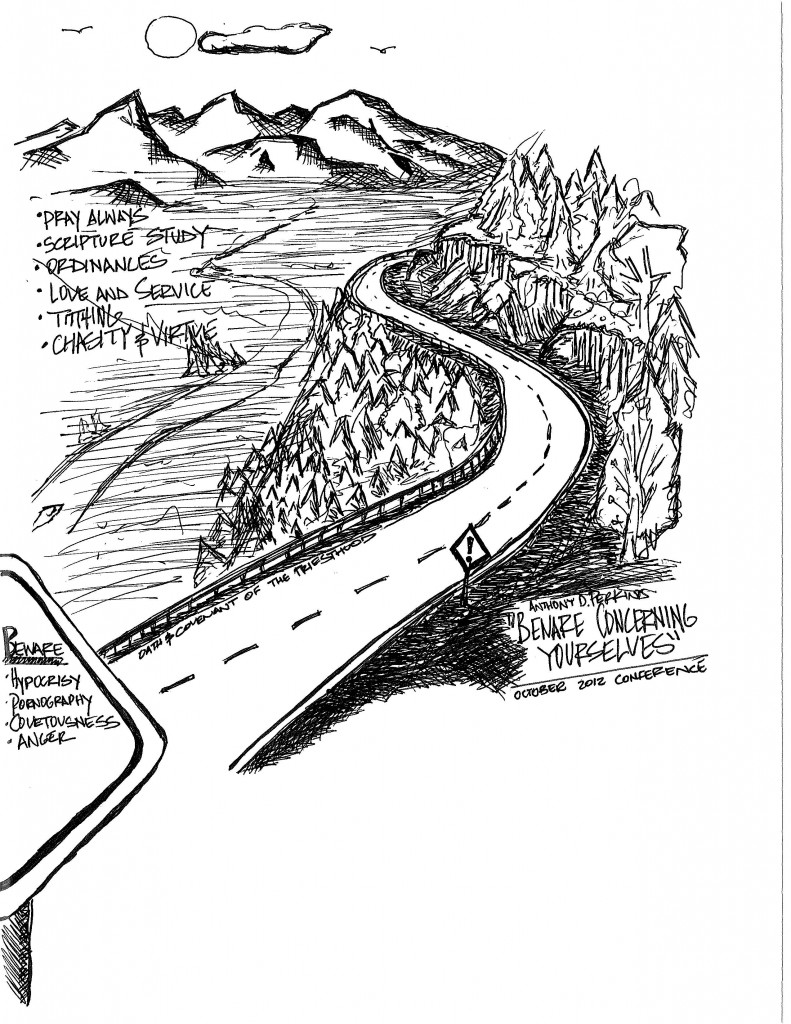In 1967 Sister Romney suffered a serious stroke. The doctors told then—Elder Romney that the damage from the hemorrhage was severe. They offered to keep her alive by artificial means but did not recommend it. The family braced themselves for the worst. Brother Romney confided to those closest to him that in spite of his anguished, personal yearning for Ida’s restored health and continued companionship, above all he wanted “the Lord’s will to be done and to take what he needed to take without whimpering.”
As the days wore on, Sister Romney became less responsive. She had, of course, been administered to, but Elder Romney was “reluctant to counsel the Lord about the matter.” Because of his earlier unsuccessful experience of praying that he and Ida might have children, he knew that he could never ask in prayer for something which was not in harmony with the will of the Lord.
He fasted that he might know how to show the Lord that he had faith and that he would accept God’s will in their lives. He wanted to make sure that he had done all he could do. She continued to fail.
One evening in a particularly depressed state, with Ida unable to speak or recognize him, Brother Romney went home and turned as he always had to the scriptures in an effort to commune with the Lord. He picked up the Book of Mormon and continued where he had left off the night before.
He had been reading in the book of Helaman about the prophet Nephi, who had been falsely condemned and unfairly charged with sedition. Following a miraculous deliverance from his accusers, Nephi returned home pondering the things which he had experienced. As he did so he heard a voice.
Although Marion Romney had read that story many times before, it now struck him this night as a personal revelation. The words of the scripture so touched his heart that for the first time in weeks he felt he had tangible peace. It seemed as if the Lord was speaking directly to him. The scripture read:
Blessed art thou, . . . for those things which thou hast done. . . . And thou . . . hast not sought thine own life, but hast sought my will, and to keep my commandments.
And now, because thou hast done this . . . I will bless thee forever; and I will make thee mighty in word and in deed, in faith and in works; yea, even that all things shall be done unto thee according to thy word, for thou shalt not ask that which is contrary to my will. [Helaman 10:4–5]
There was the answer. He had sought only to know and obey the will of the Lord, and the Lord had spoken. He fell to his knees and poured out his heart, and as he concluded his prayer with the phrase, “Thy will be done,” he either felt or actually heard a voice which said, “It is not contrary to my will that Ida be healed.”
Brother Romney rose to his feet. It was past two o’clock in the morning, but he knew what he must do. Quickly he put on his tie and coat, then went out into the night to visit Ida in the hospital.
He arrived shortly before three o’clock. His wife’s condition was unchanged. She did not stir as he placed his hands upon her pale forehead. With undeviating faith, he invoked the power of the priesthood in her behalf. He pronounced a simple blessing and then uttered the incredible promise that she would recover her health and mental powers and yet perform a great mission upon the earth.
Even though he did not doubt, Elder Romney was astonished to see Ida’s eyes open as he concluded the blessing. Somewhat stunned by all that had happened, he sat down on the edge of the bed only to hear his wife’s frail voice for the first time in months. She said, “For goodness’ sake, Marion, what are you doing here?” He didn’t know whether to laugh or to cry. He said, “Ida, how are you?” With that flash of humor so characteristic of both of them, she replied, “Compared to what, Marion? Compared to what?”
Ida Romney began her recovery from that very moment, soon left her hospital bed, and lived to see her husband sustained as a member of the First Presidency of the Church, “a great mission upon the earth” indeed (F. Burton Howard, Marion G. Romney: His Life and Faith [Salt Lake City: Bookcraft, 1988], pp. 137–42)


You must be logged in to post a comment.